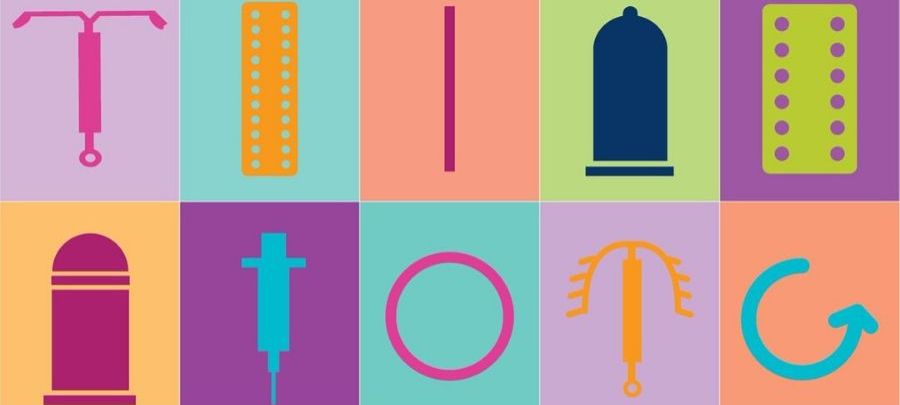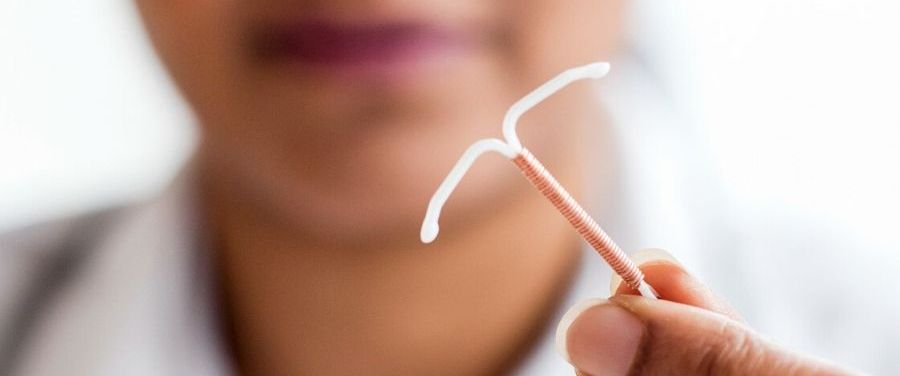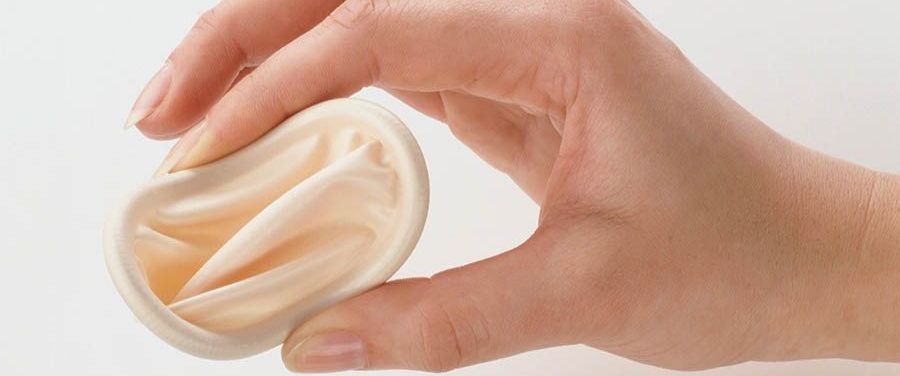WHAT IS A CONTRACEPTIVE PILL?
An emergency contraceptive pill (also known as ECP, the pill, birth control pill or morning after pill), is a medication taken by a women to avoid unwanted pregnancy just after unprotected sex. It is important to note the word “emergency”. If you are sexually active or planning to be, then only emergency contraception should be used to avoid pregnancy.
Emergency contraception gives women one last chance to stop pregnancy after unprotected intercourse, especially when you have intercourse without the use of any other contraceptive method, or your condom breaks or if your male partner forced you to have sex or being raped.
Some popular emergency contraceptive pills are I-pill and unwanted-72.
FAST FACTS:
According To the World Health Organization (WHO) —
- Emergency contraception can prevent up to over 95 percent of pregnancies when taken within 5 days after having sex
- Emergency contraception (EC) can be used in the following situations : unprotected intercourse, incorrect use of contraceptives, concerns about possible contraceptive failure, and sexual assault if without contraception coverage
- A copper — bearing IUD is the most effective form of available emergency contraception
- Methods of EC are — the emergency contraceptive pills (ECPs) and bearing intrauterine devices (IUDs)
HOW DOES THE EMERGENCY CONTRACEPTIVE PILL WORK?
An emergency contraceptive pill includes progestin and levonorgestrel, which are the synthetic hormones.
This can either prevent or delay the release of eggs from the ovary or prevent fertilization process (fertilization of eggs from the woman’s ovaries with men’s sperm) or by changing the structure of the uterus to prevent the fertilized egg from being placed in the woman’s uterus.
HOW TO TAKE EMERGENCY CONTRACEPTIVE PILLS?
Doctors recommend that contraceptive or morning after pill should be taken within 72 hours of an unprotected sex.
These pills are usually taken orally with water and are often taken after having meals to avoid vomiting. If vomiting occurs within 2-3 hours of taking this pill, it is advisable to take an another pill.
This pill doesn’t cause miscarriage, so taking it after getting pregnant does not affect pregnancy. Morning after pills can also be taken by breastfeeding mothers. These pills do not affect the quality or quantity of breast milk and have no adverse effect on the development of the baby.
WHAT ARE THE SIDE EFFECTS OF EMERGENCY CONTRACEPTIVE PILLS?
The emergency contraceptive pill is not an alternative to regular birth control pills. The reason for this is that the emergency contraceptive pill contains a very high amount of synthetic hormones, which can cause many complications if they are used continuously.
In contrast, regular contraceptive pills have lower hormone doses that help prevent conception and alter the ovulation cycle.
According to the gynecologist, when it comes to contraception, you should take this pill only if you have no other way because regular intake of these pills can cause hormonal imbalance.
These pills can lead to problems such as hormonal imbalance, infertility due to irregular menstruation, unbalanced weight gain, loss of libido and skin allergies.
After taking the pill, a person may experience some common side-effects such as —
- Nausea
- Vomiting
- Diarrhea
- Abdominal pain
- Changes in the menstrual cycle
- Dizziness
These symptoms usually do not last for more than a few days after treatment. These contraceptive pills don’t protect a woman from sexually transmitted diseases such as HIV / AIDS, gonorrhea, herpes etc.
If your body mass index (BMI) is more than 25, then these pills are less effective. And, If your body mass index is more than 30, it will not work at all.
Emergency contraceptives contain levonorgestrel which can cause a woman to be allergic, so this pill should not be taken without consulting a doctor. Also, if someone is suffering from some disease and is taking some medicine for it, consult a doctor before taking this pill.
WHO SHOULD NOT TAKE CONTRACEPTIVES?
These pills are best suited for women aged 25-45. They are not suitable for teenagers because they can inhibit the reproductive system development.
Young girls, whose hormone levels have not yet stabilized, are at greater risk of developing conditions such as polycystic ovary disease, endometriosis, and ectopic pregnancy.
DO BIRTH CONTROL PILLS PROTECT AGAINST SEXUALLY TRANSMITTED DISEASES (STDs)?
No. The birth control pills or contraceptive pills do not protect against sexually transmitted diseases (STDs). Couples having sex must always wear a condom along with the pill to protect against sexually transmitted diseases.
WHERE IS EMERGENCY CONTRACEPTION AVAILABLE?
Some types of emergency contraceptive pills are available in the pharmacies and drugstores for anyone of any age without a prescription.
On other hand, one type of emergency contraception which works well up to 5 days after having an unprotected sex, is only available by prescription.
WHAT ARE THE DIFFERENT BIRTH CONTROL METHODS?
There are different methods for controlling birth; including —

1. Birth Control Pills:
Birth control pills are also known as contraceptive pills, morning after pills or “the pill”. It can be a good option if you have an unprotected intercourse.
2. Intrauterine Device (IUD):
It is a small T—shaped device that can be placed in the uterus by a healthcare provider. This small device sits inside the uterus of a woman, and the cervix keeps it in place. Once it is in, you cannot feel it.

3. Contraceptive Implant:
Contraceptive implant is a matchstick—sized, thin plastic rod. It is placed under the skin inside the upper arm of a woman. This birth control method will prevent pregnancy for up to 3 years.
4. Birth Control Shot:
It is an injection of progestin. It is one of the hormones that is found in birth control pills. Hormones are the chemicals that control how different parts of your body work. Birth control shot prevent pregnancy by keeping the ovaries from releasing eggs. It keeps the male sperm from reaching and fertilizing an egg of female.
Your doctor needs to give you the birth control shot. Each shot of birth control lasts for about 12 weeks. It is very necessary to get your shot on time, otherwise you may become pregnant.
5. Diaphragm and Cervical Cap:
The diaphragm and cervical cap are the cup shaped device, made of silicon.

It is used with a cream or special gel called spermicide. Spermicide is a substance that helps to kill sperm. The diaphragm or cervical cap is inserted into the vagina of a woman.
6. Birth Control Vaginal Ring:
The birth control vaginal ring is a flexible, small plastic ring, containing progestin and estrogen hormones found in most birth control pills. This ring is inserted into the vagina of a woman.
Progestin and estrogen hormones present in the vaginal ring absorbed into the bloodstream from vaginal walls and prevent pregnancy by keeping woman’s ovary from releasing eggs. The ring must be replaced every month.
7. Male Condom:
A male condom is a cheap and easy—to—use option. Male condom is a thin film cover made from latex rubber that is placed over the penis. Condoms prevent pregnancy by keeping male sperm from entering the body of a woman.
Condoms are either lubricated or non-lubricated. If a person have skin irritation from latex, polyurethane condoms can be a good choice.

You can also apply a water—based lubricant to the condom to make your sexual intercourse more comfortable.
In addition, condoms are a good option to protect against sexually transmitted diseases such as HIV / AIDS.
8. Female Condom:
Female condom is also known as “insertive” condom or “universal” condom. It is a soft, thin, loose—fitting pouch with a flexible, soft ring on each end. One end of the condom fits inside the vagina to keep it in place, and the other stays outside of the vagina. The female condom is made from a synthetic, non-latex rubber called nitrile. These condoms are pre-lubricated with a silicone lubricant.
Female condoms also protect against sexually transmitted diseases (STDs). But, these condoms aren’t considered as effective as that of the male condoms in protecting against STDs.
9. Spermicide:
These are the chemicals, used to prevent pregnancy by killing male’s sperm. The only chemical available in spermicides in the US is nonoxynol-9 (N-9). Spermicides containing nanoxynol-9 are available as a jelly, cream, foam, tablet, suppository, or film.
WHEN TO SEE A DOCTOR?

If you take morning after pill, it is important for you to have regular checkups with gynecologist so that you can eliminate the possibility of further complications, especially if you are suffering from high blood pressure, diabetes, tubal pregnancy or if you are having these symptoms start to be felt after eating it —
- Stomach ache
- Dizziness
- Headaches
- Pain in the breasts
- Excessive pain in hands and legs
Also keep in mind that this can cause your periods to begin either very early or late. Although most women begin periods within 7 days of their regular date but if you do not have menstruation within 21 days or you feel that you may be pregnant, get a pregnancy test.
FINAL WORDS
Finally, the pill is effective only if taken after unprotected sex. It will not work if you have sex after taking the pill. For this, you will need to take birth control pills. Also, you can buy an emergency contraceptive drug like I-pill from a local chemist’s shop without the need of a prescription. So make sure to use them only in case of emergency situations and not as a regular contraceptives.
RELATED ARTICLES:
- Masturbation Benefits, Side-Effects and Much More
- Erectile Dysfunction : Symptoms, Causes and Treatments
- Viagra Uses, Dosage, Side-Effects and Alternatives
REFERENCES:
- World Health Organization (WHO), Emergency contraception, 2 February 2018
- Teens Health, Birth Control Pill, Reviewed by: Rupal Christine Gupta, MD, Date reviewed: January 2017
- Teens Health, Emergency Contraception, Reviewed by: Larissa Hirsch, MD, Date reviewed: November 2018
- Office of Population Affairs, U.S. Department of Health & Human Services, Birth Control Methods
